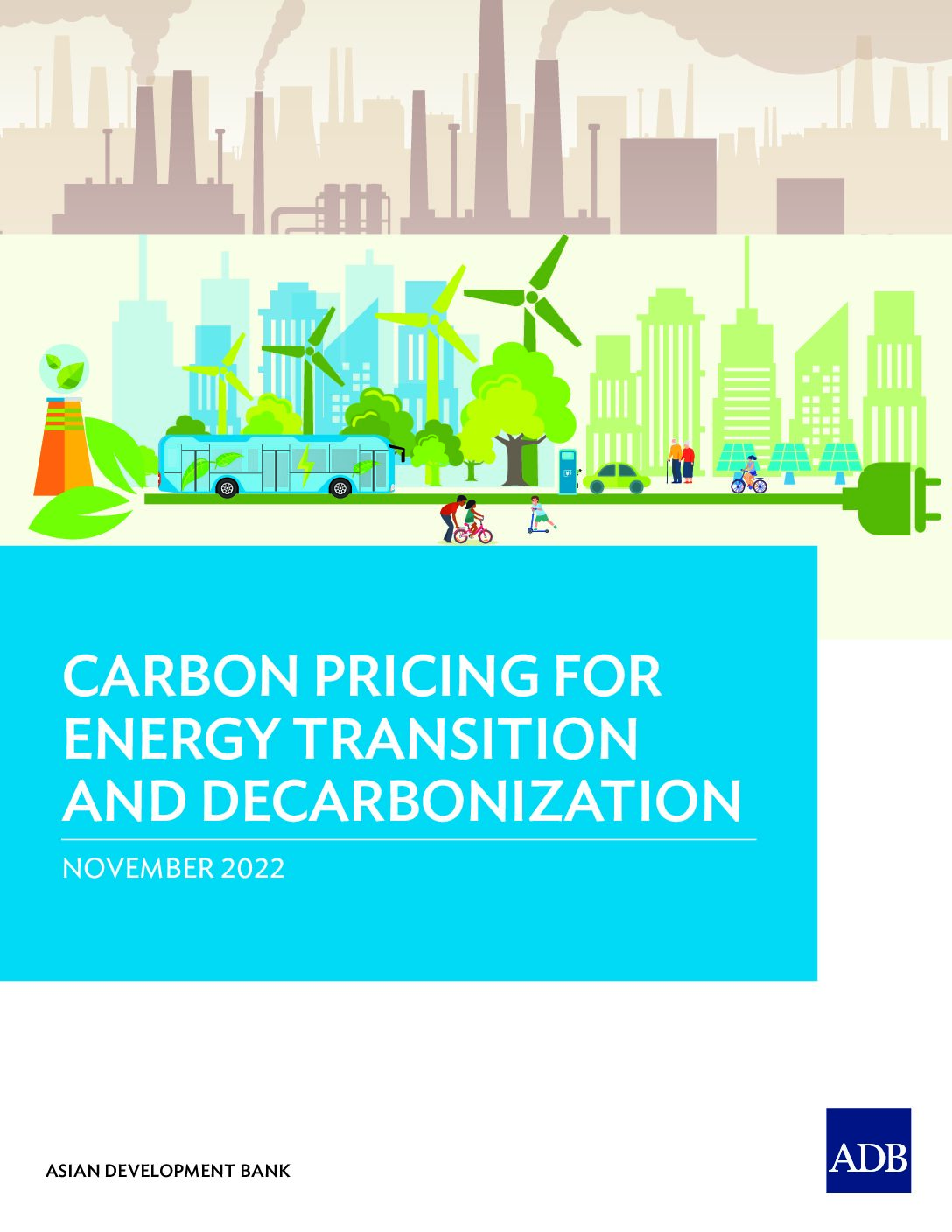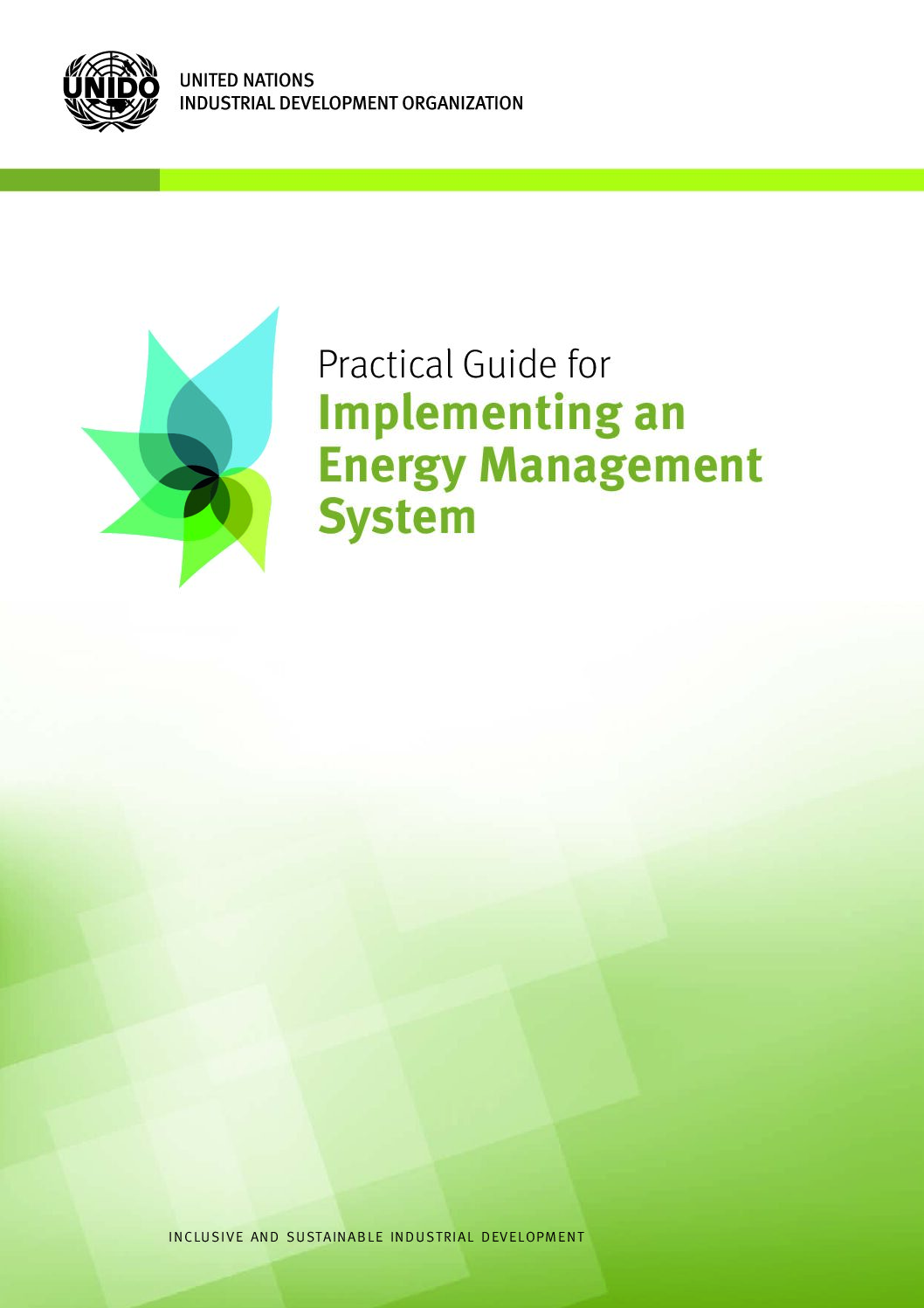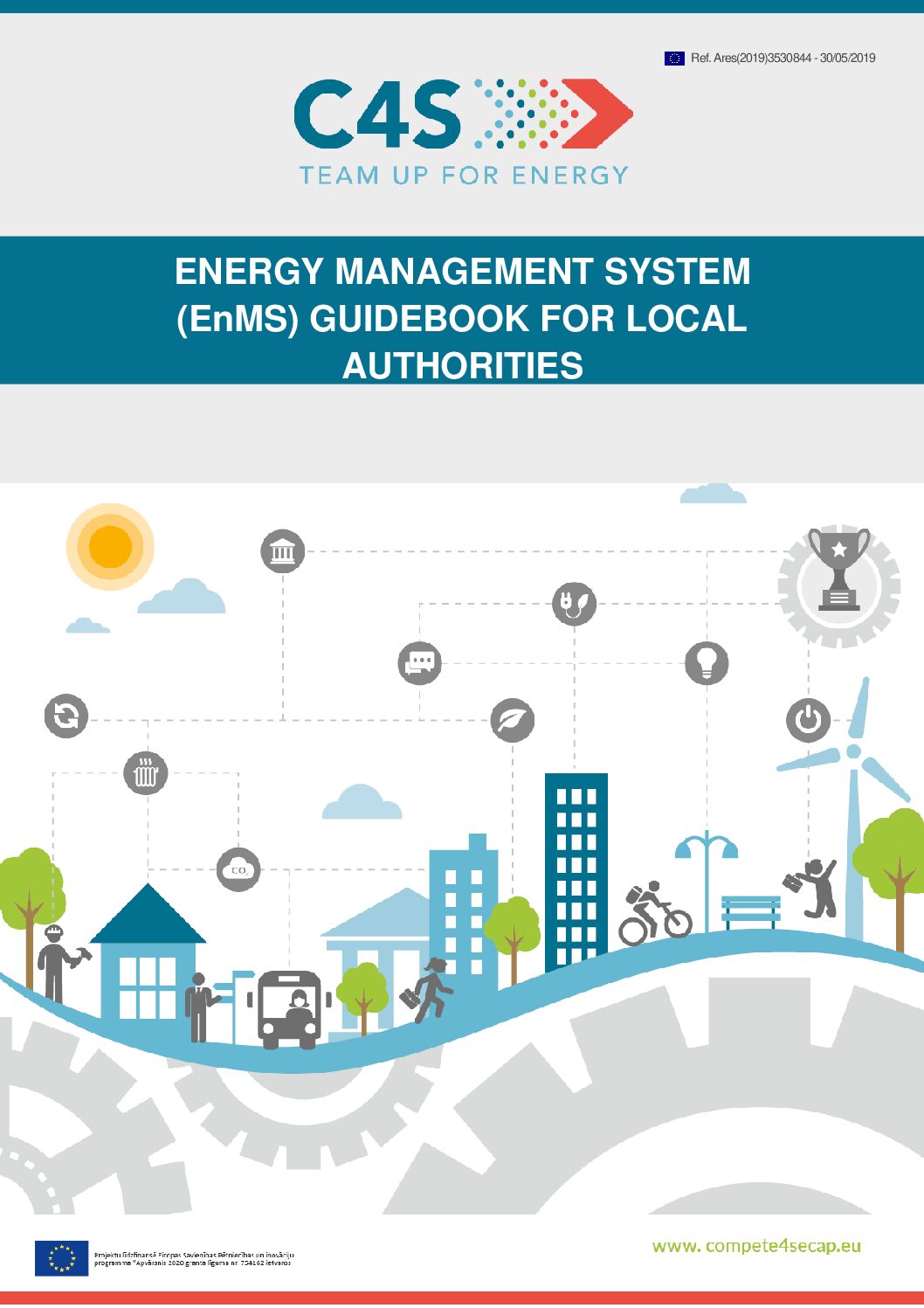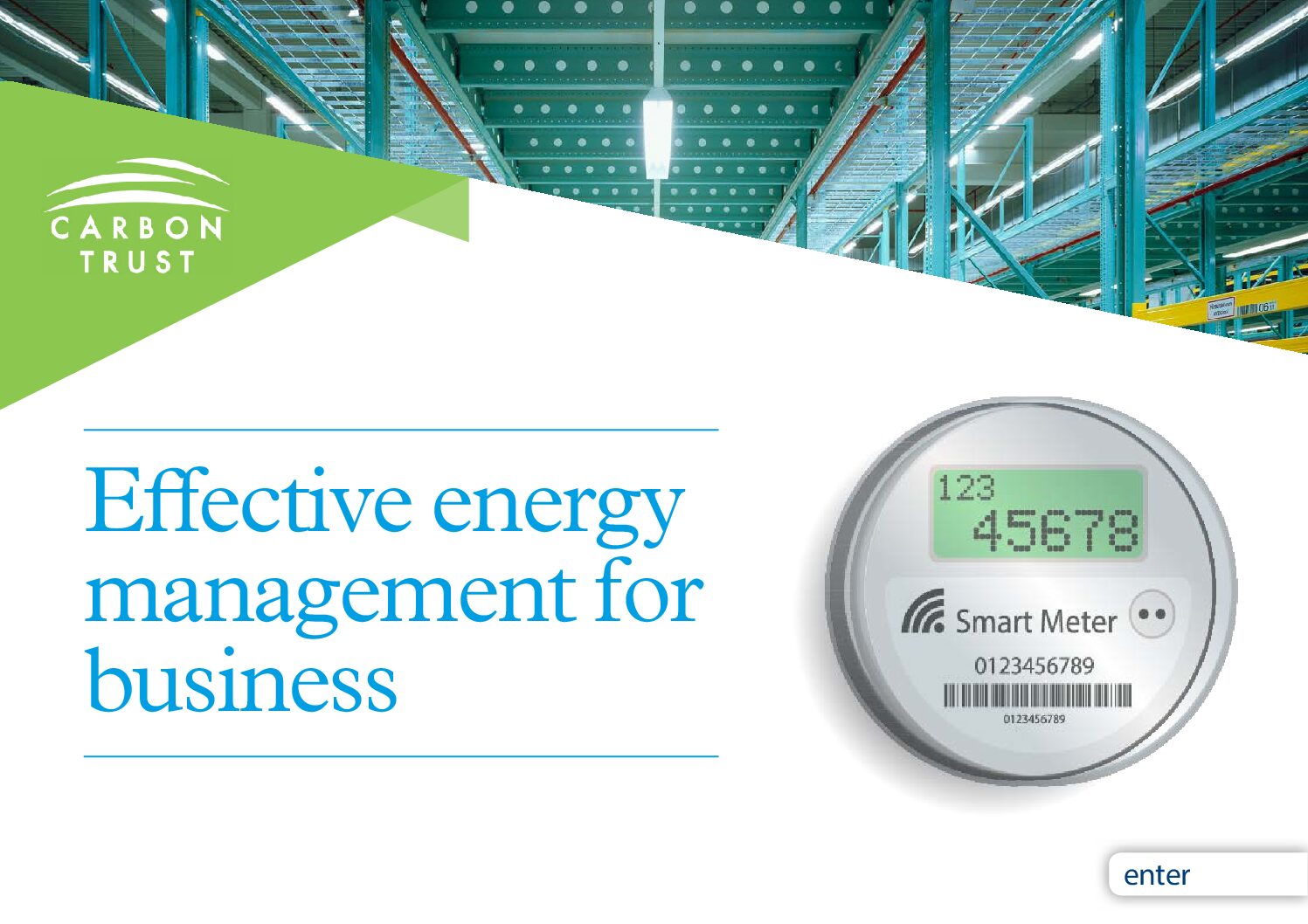This is an article by a company that offers solutions to offset the emissions generated by online shopping. It provides a quick and basic guide for companies on how to start generating and selling carbon credits.
This article announces the approval in March 2025 by the Integrity Council for the Voluntary Carbon Market (ICVCM) of a new cookstove methodology by Verra, which administers the Verified Carbon Standard. This sets a new benchmark for high-quality, trusted carbon credits for clean cooking. The article also provides data on the development of the clean […]
This report presents the CCA’s Principles for Responsible Carbon Finance in Clean Cooking: Integrity, Transparency, Fairness and Sustainability, and connects each with key actions to be taken by market actors.
This video by UNIDO’s Industrial Decarbonization Accelerator provides a quick introduction to the benefits of energy management systems, as well as tips on how to implement one.
This study offers insights on how well-designed carbon pricing instruments can play a role in accelerating efforts toward energy transition and decarbonization.
The purpose of this Guide is to help organizations of all sizes, and in particular SMEs, to improve their energy performance in a logical, controlled and systematic way, thereby saving energy and reducing costs.
This blog article provides a quick introduction to energy management systems.
The is a guide for local authorities interested in implementing an EnMS and steers them through a step-by-step approach to: know and understand the ISO 50001 methodology; build a working group within the local authority; define the local authority’s energy policy; correctly share roles and responsibilities among local authority staff; motivate and incentivize politicians and […]
This overview of energy mangement for businesses introduces the main energy saving opportunities associated with effective energy management and demonstrates how simple actions can save energy and reduce energy bills.
This study examines the integration of AI into energy management processes in industrial facilities and the advantages it provides.





